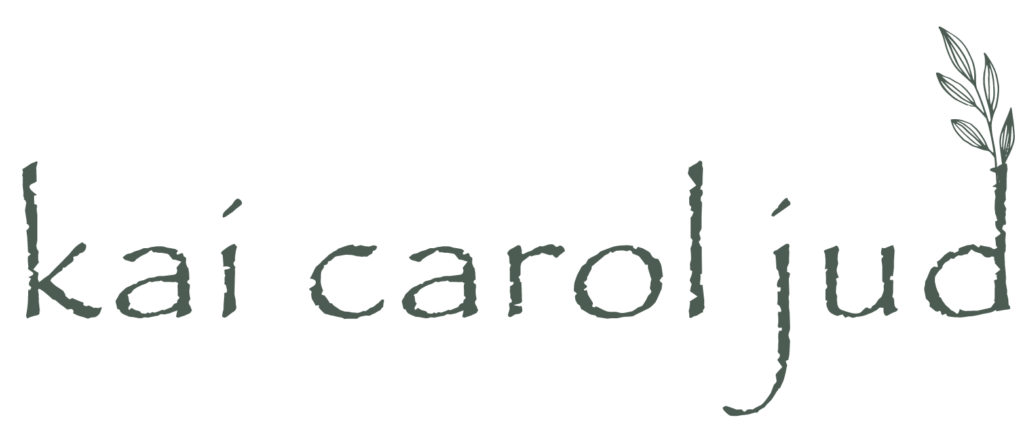I am no stranger to death. My brother died when I was twenty months old. My mother died when I was thirteen. Another brother died at 55, and Chris, my beloved husband of fifteen years, died eleven years ago. No matter how often we are called to meet death, we can never master the mystery. It remains an experience that cracks us open and leaves us with no choice but to surrender to being taught.
In some ways, it seems that the person who is left behind is the one who has died. Suddenly life is both the same and not the same. The house looks the same, the friends look the same, and the weather comes and goes as always, yet something is radically different. There is a relentlessness about the situation, which is difficult to face. It doesn’t matter what we say or do or what friends say or do. Nothing can change the reality that our Beloved is no longer in his or her body. We can rant and rage, we can wail, or be stoic. Nothing changes the reality that death has taken our Beloved and that our life will never be the same.
Yet life goes on. How can we deal with such a shift in circumstances? How can we honor our feelings and still get on with living? Each person has different resources, tools, experiences, life demands, and emotional makeup. There is no proper way of moving through grief and no wrong way. This is a time when trusting one’s own process is vital.
We call the process of absorbing this shattering in our lives “grieving,” but this complicated process is mysterious and unique to each of us. We often think that the primary feeling during grief is sadness, but for most of us, grieving is a vast conglomeration of sometimes contrary feelings that can feel overwhelming in their intensity. One way to think about this process is to consider each emotion a separate invitation to healing.
Sadness is the feeling of sorrow or distress at deep loss. After Chris died, I experienced this sadness as waves of energy that felt like storms taking over my body and having their way with me. Sometimes this felt deeply personal and intimate, but more often, these waves felt impersonal. They came suddenly and then disappeared. I never really understood what was happening. It almost felt like I had been taken over by a force I did not recognize as myself, and I had no will in the face of this energy. There didn’t seem to be a thought to think about or an action that could be taken. It felt like pure energy that needed to flow through, and all I could do was surrender and allow or resist. Resistance did not feel good, so I let the storms have their way, and then they would be gone.
A less dramatic form of grief was the vague sadness or heaviness accompanying every breath. Just breathing seemed like work, and with each breath came the reminder that my Beloved had left his body, that nothing was the same, and nothing ever would be the same. Some part of me would rather have found a way to forget the reality of Chris’s death, yet each breath reminded me that I was still here on the earth plane, breathing and that my Beloved was in mysterious realms where breath as we know it was not needed.
I had met the relentless “is” where what we do or think will not change the situation. It takes courage to stand in the face of this battering to our egos and spirits, to keep breathing, to keep getting up in the morning, and keep taking care of the mundane business of the day that seems so pointless in the face of such a cataclysm. And yet the breath keeps us going as we face the feelings and the new world being born around and in us.

